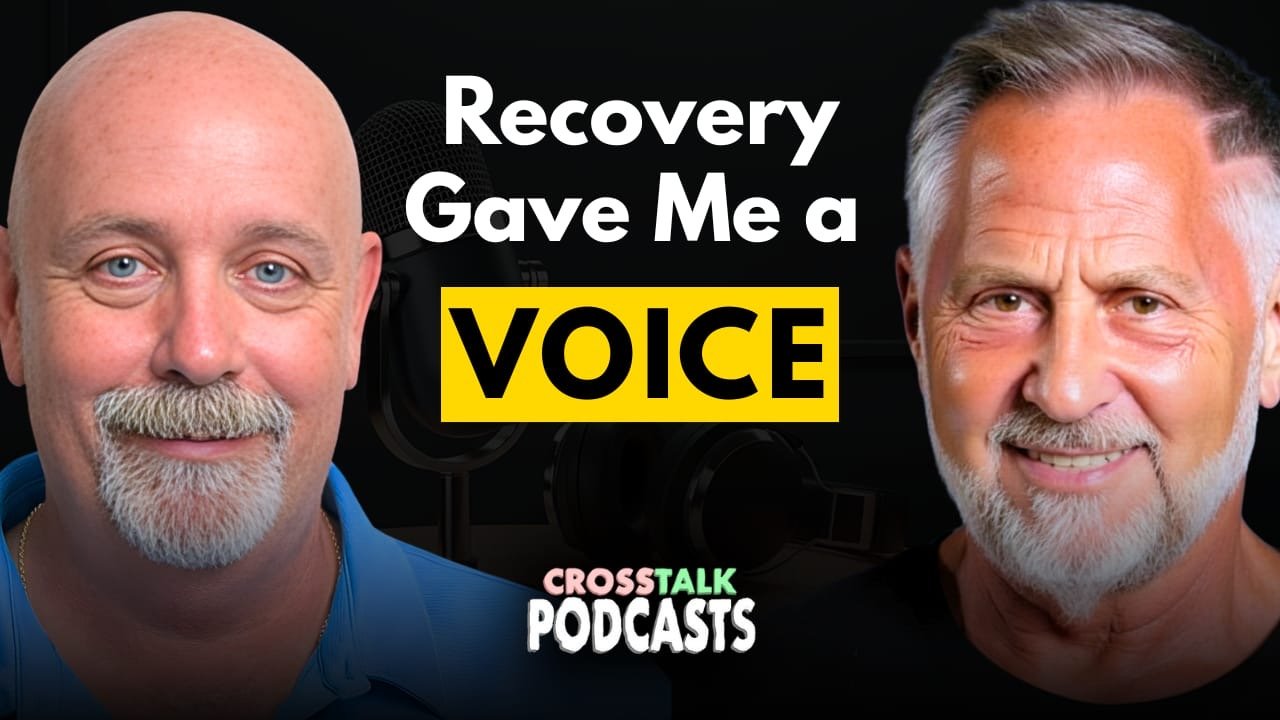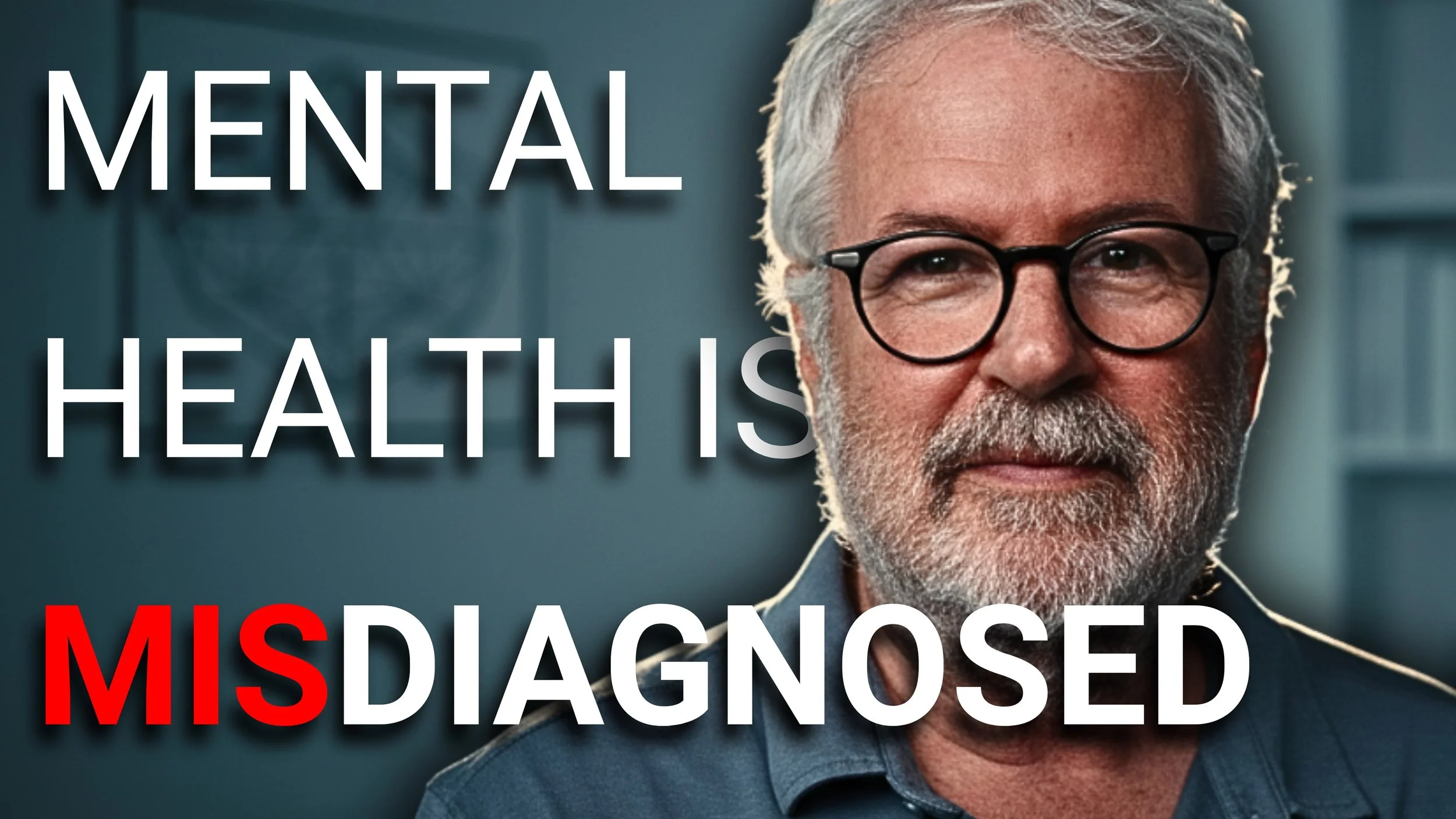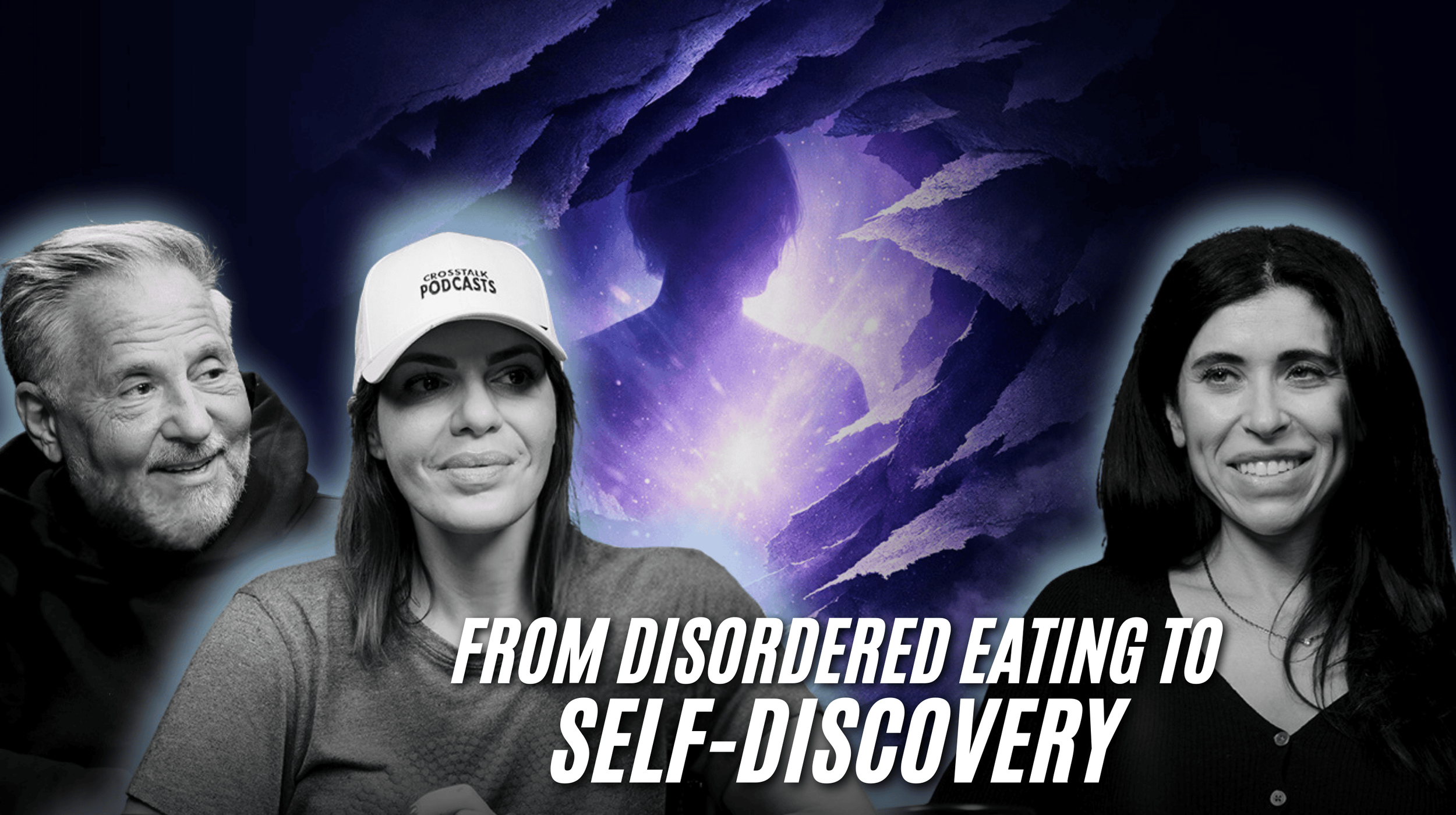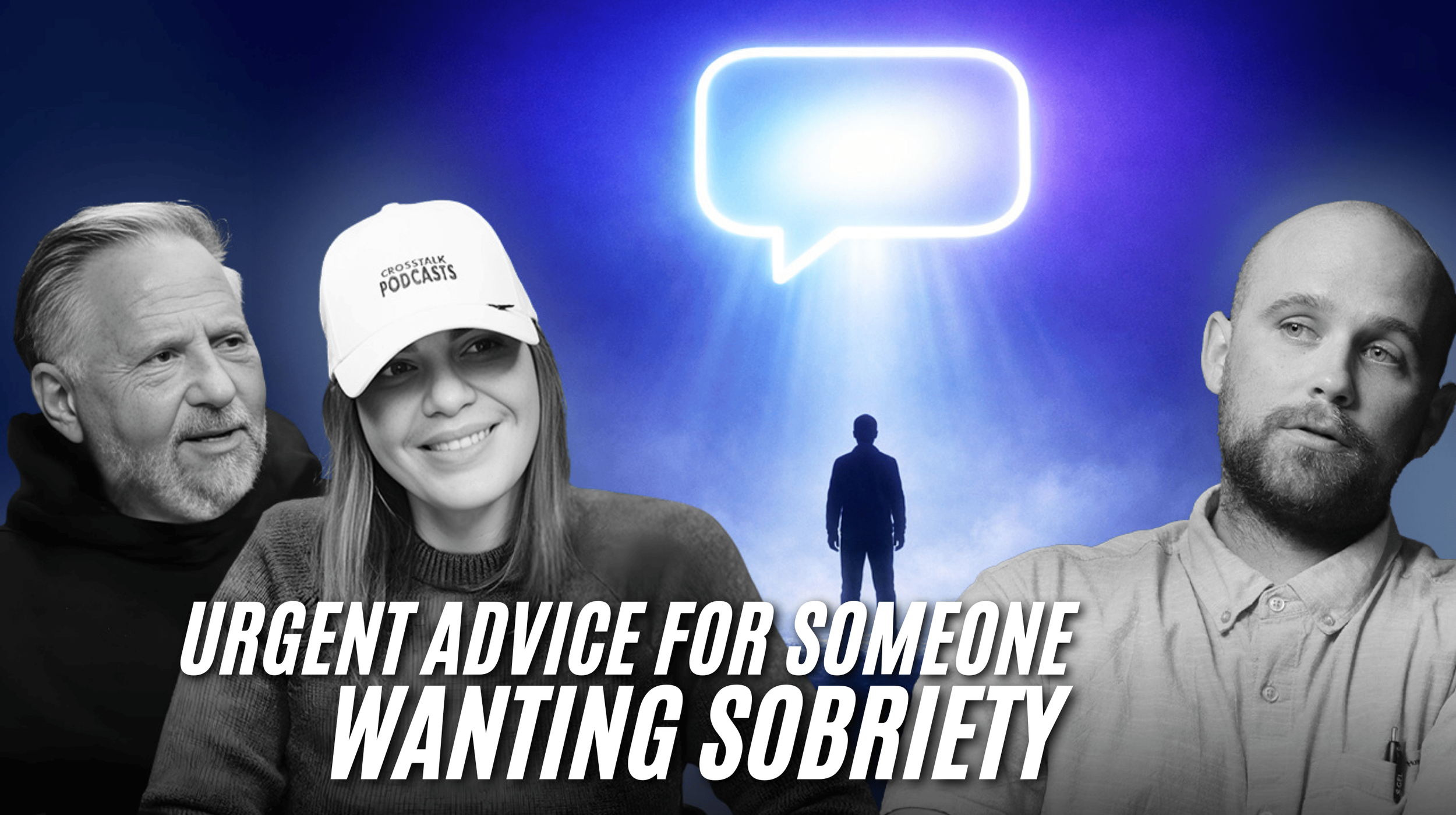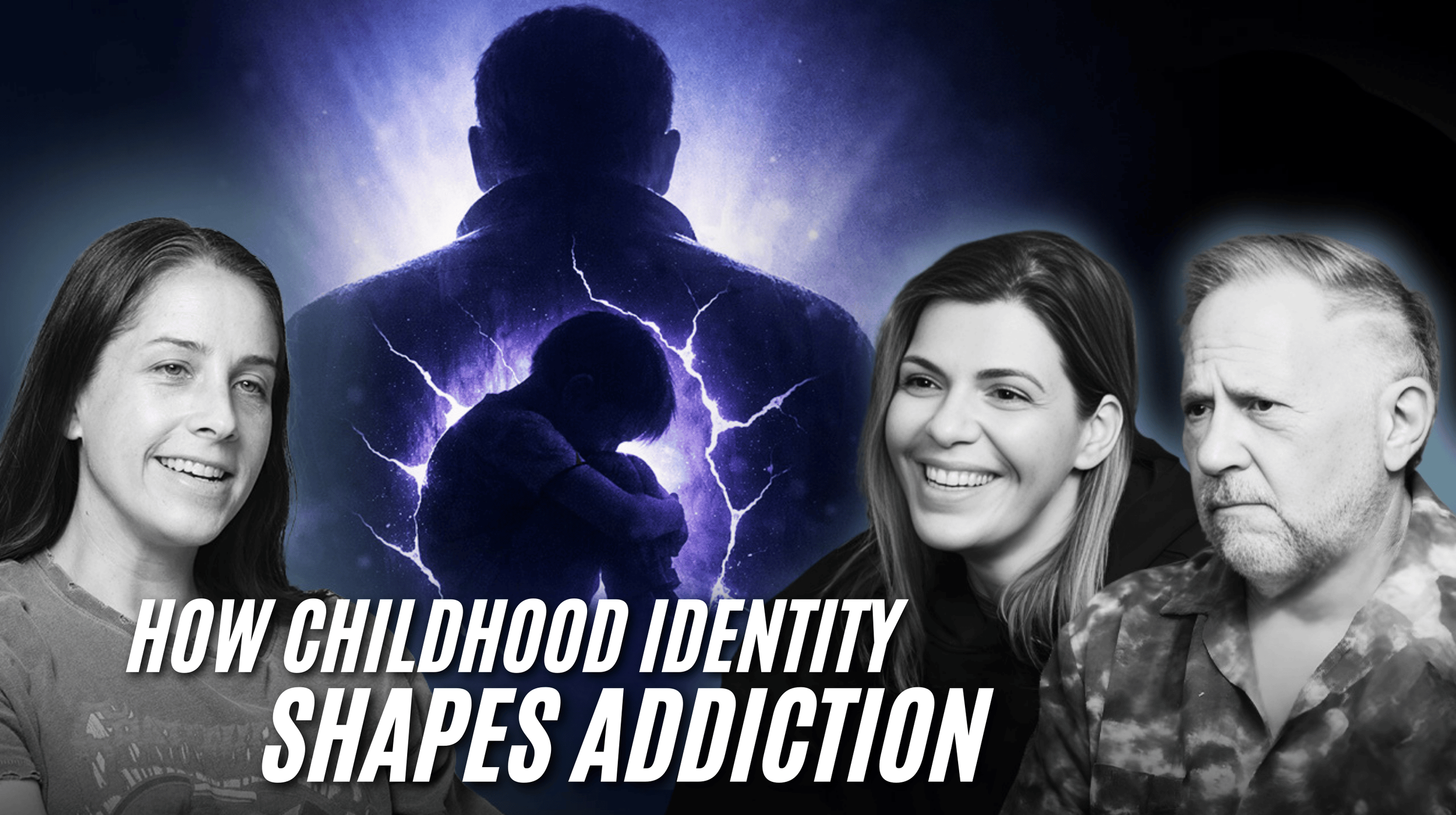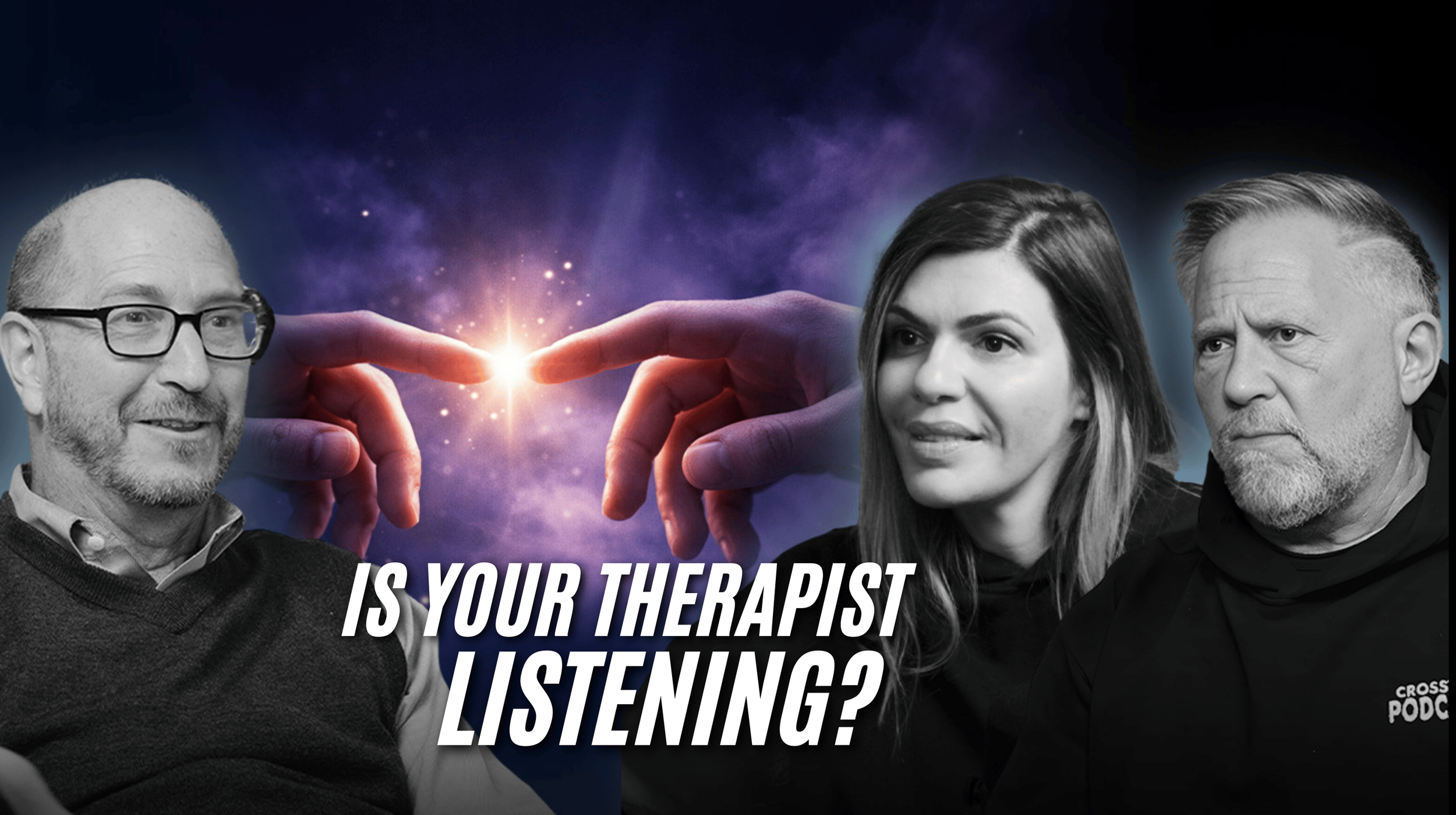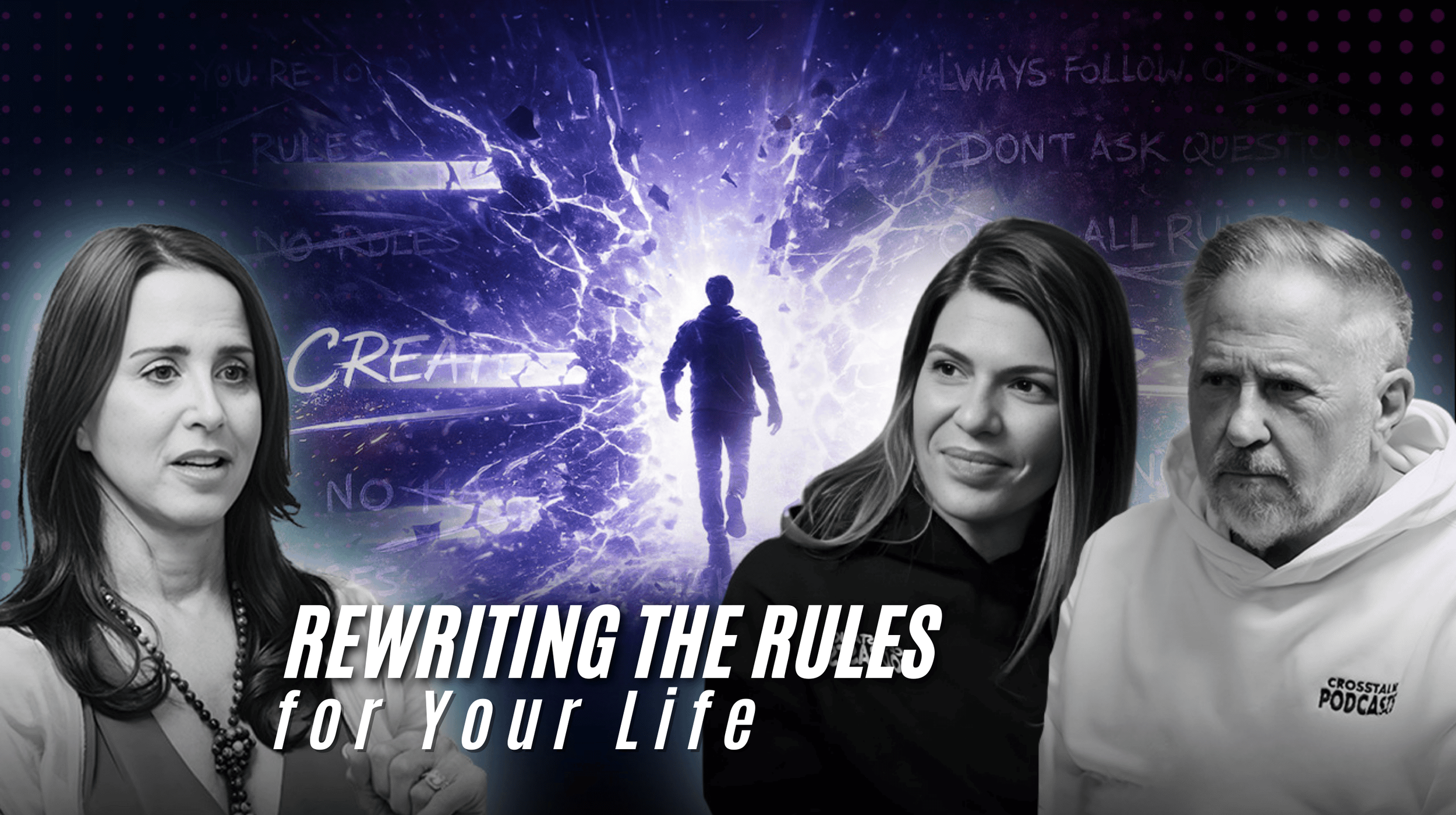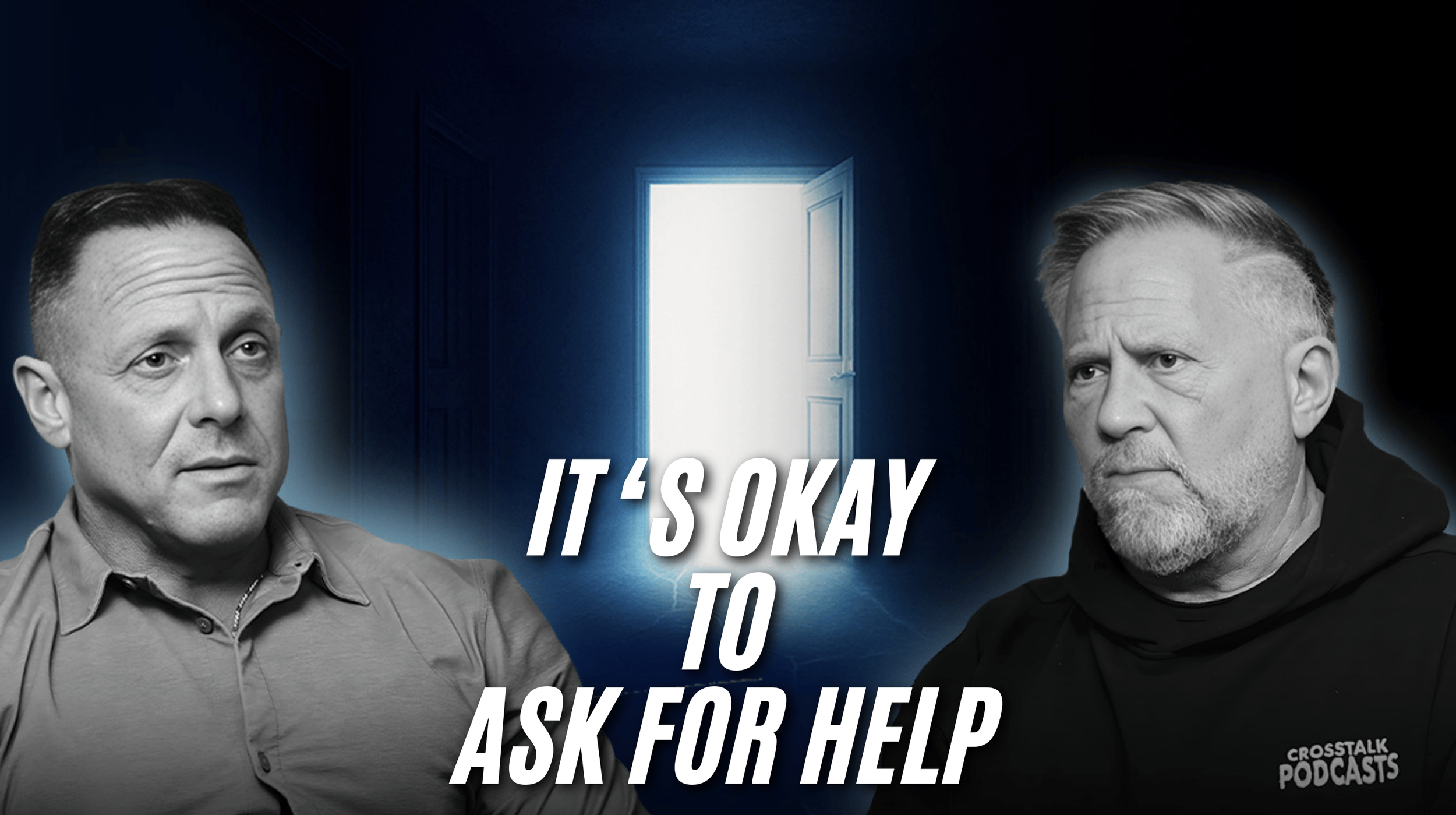Chaotic Homeless Redemption Journey: Story of Addiction and Recovery | Peter
Listen or watch on your favorite platforms
Peter grew up surrounded by chaos—losing his mother to AIDS, enduring abuse, and navigating strict religious control. Introduced to drugs as a teen, he quickly spiraled into dealing, heavy addiction, and ultimately homelessness before finding recovery.
Growing Up
Peter’s childhood was drenched in confusion and pain long before drugs ever entered the picture. Born into a family of addicts, he was raised by a mother who tried to escape the chaos by moving across the country. What followed was a life marked by religious extremism, deception, and loss. “I was raised very Christian—almost to the point of religious abuse,” he shared.
When Peter’s mother died of AIDS, contracted from Peter’s biological father who had used dirty needles, the young boy’s life fractured again. The man he thought was his father remarried a woman who abused Peter and his sister. “I remember Child Protective Services coming to the school,” he recalled. “But even at that age, I knew if I said anything, I’d be taken away.”
Using a Substance or Engaging in Behavioral Addiction
At 14, Peter began numbing the ache inside him the only way he knew how: smoking weed and skipping school. "I was a bad kid. I lied all the time," he admitted. That path quickly escalated. By 16, he was selling Xanax. By 17, he was compressing cocaine with gang members. He became immersed in a lifestyle that revolved around clubs, fast money, and risky behavior. “I was doing these things and making money while I was doing it... making tons of money and spending tons of money.” What started as rebellion became an identity—a false sense of control in a life that had offered him very little.
Active behavioral addiction
Peter’s descent into addiction wasn’t immediate—it was layered, manipulative, and masked with charm. He bounced between selling drugs, cooking professionally, and running from accountability. He was arrested for selling weed and Percocet to undercover informants at a club. Instead of jail, he was offered outpatient rehab, but his grandfather himself sober for decades kicked Peter out for manipulating the system. That spiraled into more deceit, substance abuse, and desperate attempts to beat drug tests using cranberry juice and apple cider vinegar. “I destroyed my stomach just to pass,” he said. Eventually, Peter was using heroin, sniffing Xanax, and smoking crack while barely keeping his life together.
Hitting bottom
Then everything collapsed. His grandfather—the closest thing he had to a father—died. His fiancée left without a word. And an elevator accident crushed his hand. “It fucking ripped me apart,” Peter said, describing the loss of his grandfather. After the injury, he went back to using—hard. “I went into the room to go sniff some more dope and hit the crack real quick... before they took me to the hospital.” He became homeless, sleeping on trains, shooting up in stairwells, and burning through lawsuit advances. “I ran out of money. Couldn't get any more. I was shooting up in project staircases. I was labeled a lowlife.”
Getting help
Peter’s turning point came not in a rehab or hospital, but in his own apartment after his partner overdosed on fentanyl that he had brought home. She turned blue. FDNY used Narcan four times. It was the wake-up call he couldn’t ignore. "I stayed inside. I didn’t go to detox. I didn’t go to rehab. I just locked the door." He detoxed cold turkey. For two days, then three. By day nine, the emotions came crashing in. “I didn’t even know what feelings were. I’d been numb for so long.” He called a sponsor, made it to a meeting, and kept showing up. "I did like 250 meetings in 90 days,” he said. “I was angry. I hated everybody. But I kept going.”
What Things Look Like Today
Today, Peter is living a life that once seemed impossible. He’s engaged to the love of his life, has a dog, and lives in a beautiful apartment near the beach. He co-founded recovery meetings on the sand during the pandemic—meetings that grew from five people to dozens. “Cooking is still a passion. I’m still with the girl. I’m grateful. I love my life now.” His transformation isn’t just sobriety—it’s connection, love, and purpose. “If I could go back and tell young Petey anything, I’d say, ‘It’s going to be all right.’” And now, he’s living proof that it really can be.
FAQs
What are common signs someone is spiraling into addiction?
Increasing isolation, secrecy, erratic behavior, and neglecting responsibilities.How can someone detox from heroin at home safely?
It’s strongly advised to detox under medical supervision due to severe withdrawal symptoms.What is a “functioning addict”?
Someone who appears to manage daily life while actively battling addiction behind the scenes.How do you support a loved one who relapses?
Offer empathy, not shame, remind them relapse is part of recovery, not the end of it.Does recovery always require rehab?
Not always, some people, like Peter, get sober without rehab by finding community and inner resolve.
Related episodes
ABOUT CROSSTALK
CROSSTALK reveals real stories of everyday people and notable figures, sharing their journeys from struggles to life-changing 'aha' moments with all kinds .


 Spotify
Spotify






